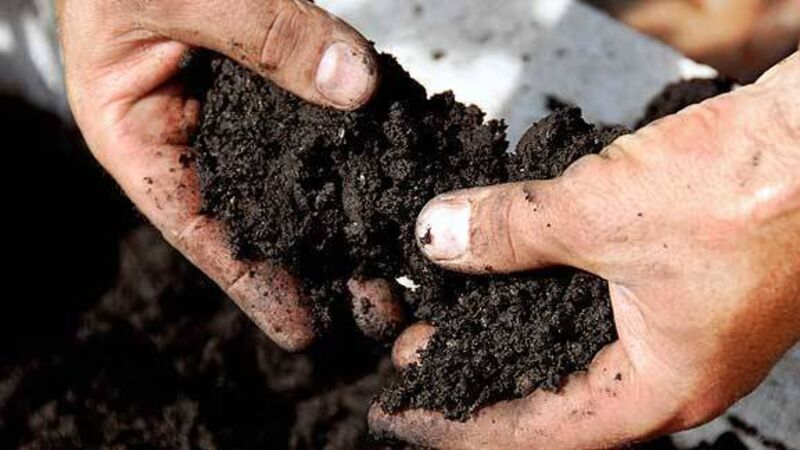Research shows soil management can reduce greenhouse gas levels

The research shows how effectively a newly- discovered group of soil microbes breaks down nitrous oxide, a major contributor to global warming and a gas blamed for depleting the ozone layer. It suggests that if their growth can be encouraged, soils could make a greater contribution to addressing climate change.
The college’s soil ecologist, Professor Bryan Griffiths, said: “Compared with what we know about carbon dioxide and methane, we don’t understand enough how different soil microorganisms create nitrous oxide or break it down.










